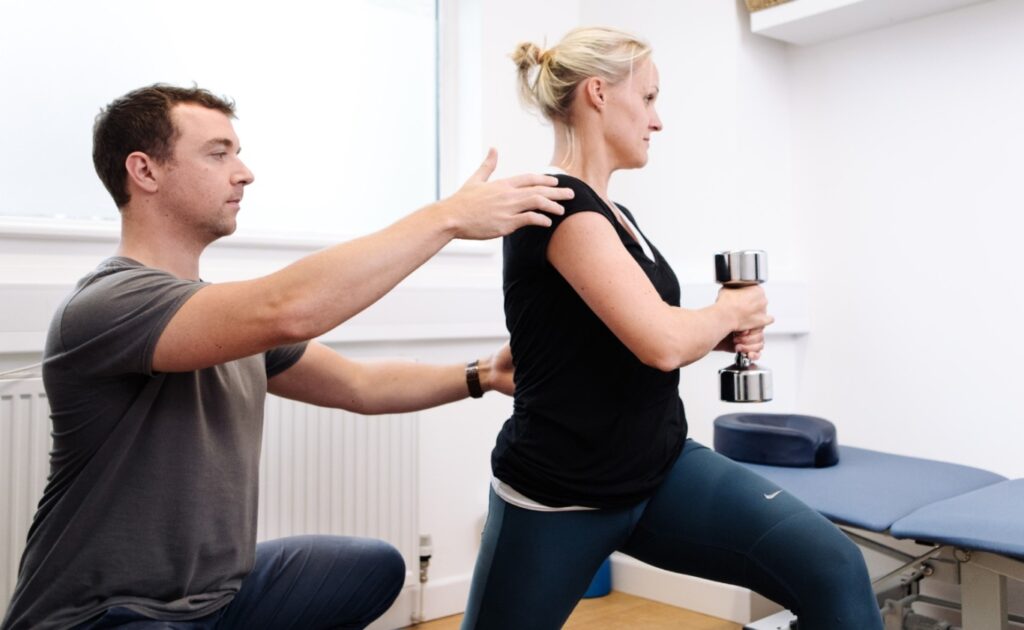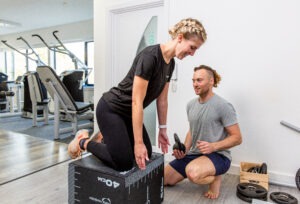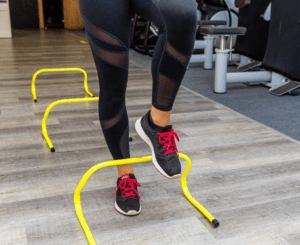We would like to introduce you to Oli Patrick, an extremely experienced Physiologist and Liftstyle Medicine Expert.
Oli, can you explain to us what a Physiologist does?
The broad theme covering physiology is a focus on how the body functions in both the well and unwell states. A physiologist may specialise in a range of different subjects depending on the type of role they are engaged in. The clinical physiologist traditionally works in rehabilitation in the cardiovascular and respiratory domains. An exercise physiologist will be closely linked to athletic performance. My area of speciality is the pathophysiology of disease and possible intervention points in the early identification of dysfunction (I won’t say disease). In conjunction with the detection of abnormal or changing physiology my key focus is lifestyle coaching to help move an individual’s health forwards – in whatever that might mean to the individual in question.
The scary statistic is that 1 in 2 of us will have cancer at some point in our life, can you explain how exercise and lifestyle may play a role in assisting those with cancer?
The data is clear in showing exercise, independent of other ‘healthy’ behaviours has a preventative role in many of the key cancers. The data also shows exercise reduces the risk of recurrence of cancer and helps enormously with the symptoms of cancer and its treatment side effects. As there are over 200 cases of cancer we have to be careful in using a one size fits all concept, as clearly there are multiple nuances to caveats to how and when exercise can be used. However, as more and more data moves away from associating cancer directly to our genetic errors, the role of lifestyle in helping prevent cancer is a growing one. Our experience is exercise and the associated physiological benefits from improving fitness has a measurable role in enhancing all biological processes that would interfere with cancer cell development. You can still get cancer being fit and active but you will have a much reduced risk.
Are there any guidelines as to what type or how much exercise people with cancer should be doing?
Guidelines for all are tricky due to the variable nature of the diseases within the cancer framework. However, assuming sign off from any relevant clinical support we advocate 75-150 minutes of moderate cardiovascular exercise per week. Alongside this we recommend 2 weights / resistance exercise sessions. In our clinic we personalise volume and type of exercise based on objective measurement of fitness. i.e. a person with great cardiovascular fitness and poor muscle mass might need a greater emphasis on building muscle than going for a run (mental health considerations aside).
As we move into 2020, do you have any thoughts more generally on health, lifestyle and exercise?
I think the desire to over simplify and simultaneously commercialise fitness and wellbeing messaging has led to a state of generalised confusion in the average population. Can the person on the street really tell us the optimal pattern of eating, exercising, sleeping and recovering for them? I suspect their choices will be filled with biased data from various sources purporting to be a one size fits all answer. I am keen to see a move towards more contextual holistic health messaging with people adopting behaviours based on identified need and towards a definable outcome. I am also keen to see fitness move from serving the fit to serving the unfit. Good nutrition needs to be accessible to all in both knowledge and application – not a preserve of the wealthy and educated. Stress, sleep and recovery need to move out of the spa and into the medical centre. These would be a good start!



